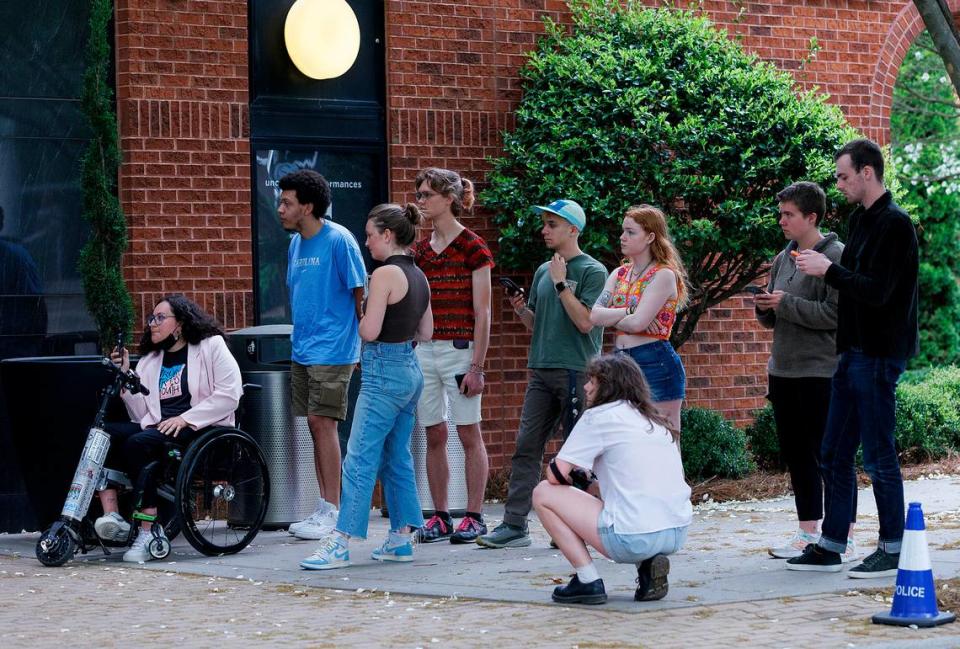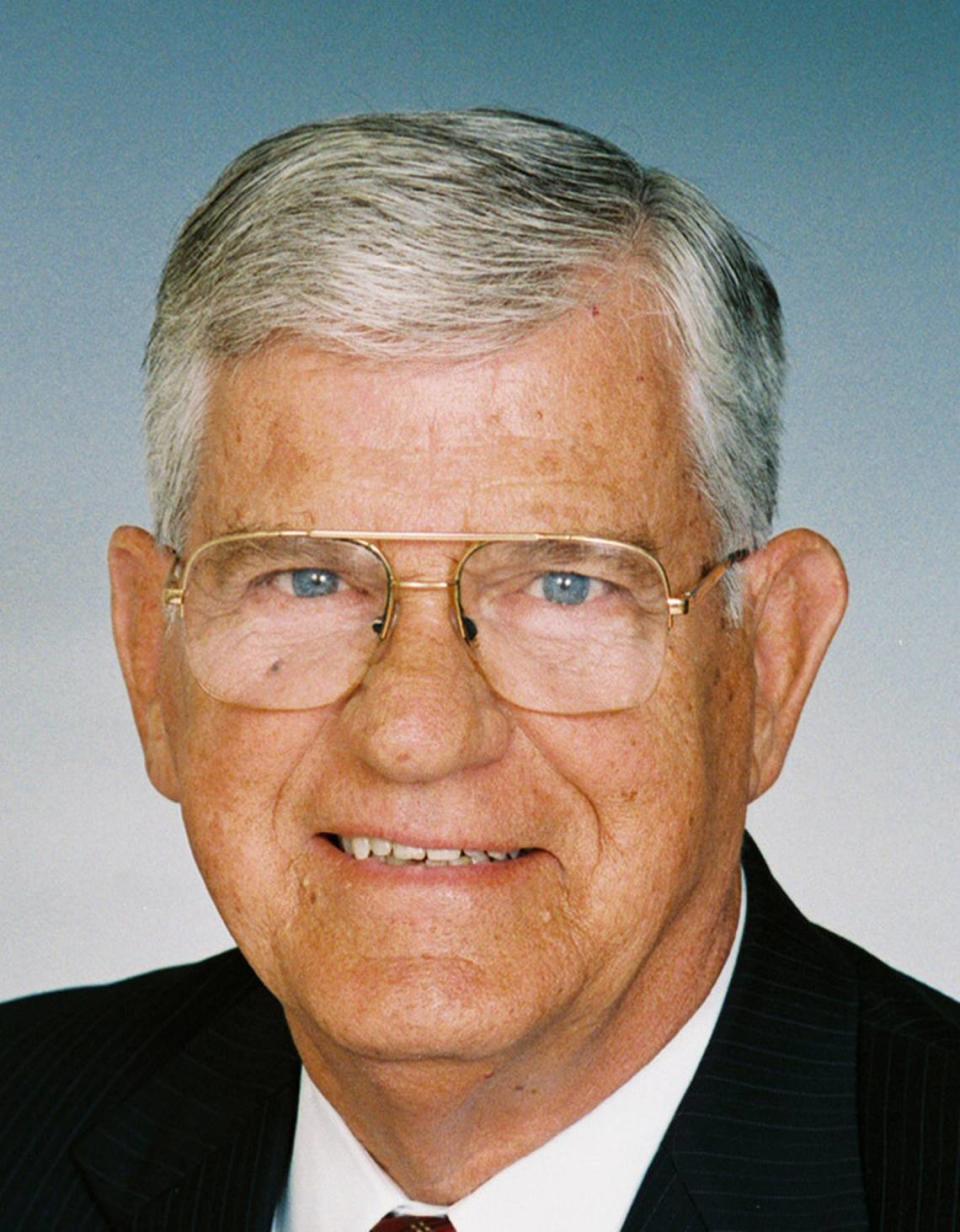Former NC gov: UNC campuses need more diversity of thought
There’s an old saying that pots have a low opinion of kettles.
The Editorial Board rightly chided the Republican legislative majority in May for its total control of the Board of Governors of the 16-campus University of North Carolina System.
This valid criticism followed the UNC Board’s decision to eliminate the diversity, equity, and inclusion (DEI) bureaucracy, along with its leftist policies and practices. Many universities of other states similarly have been called out for coercive DEI practices for indoctrinating students on controversial topics like cynical race theory and identity politics based on shame and blame.
Without defending DEI dogma per se, the editorial left out another perspective on DEI. It focused squarely on the fact that the Republican majority of the General Assembly appointed every member of the UNC Board of Governors, including two Democrats and a handful who are politically unaffiliated.
This is in stark contrast with the more defensible policy of the Democrats when they were the legislative majority. They only appointed two-thirds of the UNC Board and allowed legislative Republicans to appoint one-third.
In this comparison, it’s reasonable to say the Democrats were more fair-minded (even democratic) because they allowed the Republican minority to pick a minority of the UNC Board. That’s how I was privileged to serve one term on the Board of Governors.
I chose not to seek a second term after seeing that it was a waste of my time and theirs. We Republicans could listen and speak, but mostly were ignored. Some things don’t change.
For one example, when I pointed out that there were no Republicans on the UNC System staff, the response was a smile. Or was it a confirming grin? The spoils system survived my pleading. The results are the same today, but the Republican style smells worse.
Some say Republican dominance of the UNC Board of Governors is beneficial as the polar opposite of the faculty, who are almost exclusively Democrats. Most professors, if they are partisan at all, are not totally immersed. Rarely do more than a third sign the various leftist protests, demands and petitions that emanate from their more intensely partisan colleagues.
Most just keep their heads down and plow their academic fields with scholarly research and teaching. This is a smart approach for advancing their careers. In doing so, though, they accept control by the politically active minority of professors who shape the policies of each university to their liberal worldview.
The more passive professors among the liberal majority are not likely to object to this outcome. Similarly, less active Republicans don’t object to efforts by the Board of Governors to balance the diversity of thought on campus.
Partisan balance among faculty is not likely to happen any time soon. For one thing, few Republicans apply for faculty openings. Among those academically qualified, few are willing to abandon satisfying careers making money to go into teaching, like I did.
There are suspicions here and there that some university departments ensure that no Republicans will be hired. They simply require candidates to affirm their devotion to the identity politics of DEI. Virtue signaling eliminates conservative scholars.
It’s amusing how some notable professors object so heatedly to creating a new school at UNC-Chapel Hill that will hire some with conservative views on law, economics, history, politics, and especially western civilization. It might be good pedagogy for their ideological monopoly to be challenged.
For now, many conservatives find comfort in the fact that liberal control of education is being confronted vigorously. They know Republican control of UNC governance could be handed to the Democrats by an electoral sweep. Democrats would again have total control. DEI could then return with a vengeance.
I may be more partisan than my editorial colleagues, but I believe competitive politics can be worthwhile.
Jim Martin, a Republican, was N.C. governor from 1985-93 and taught chemistry at Davidson College from 1960-72. He is a regular contributor to our pages.


